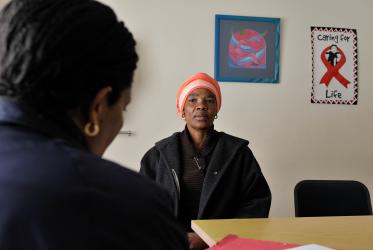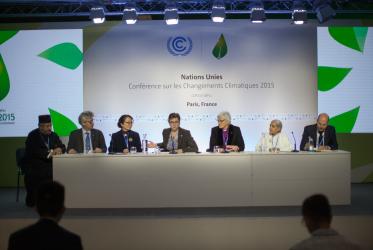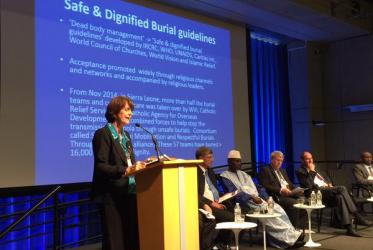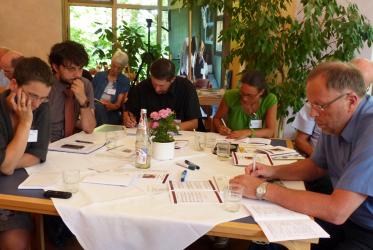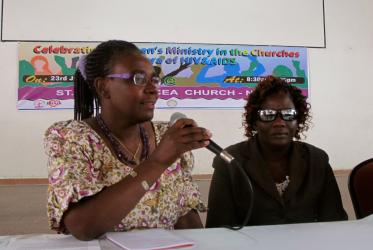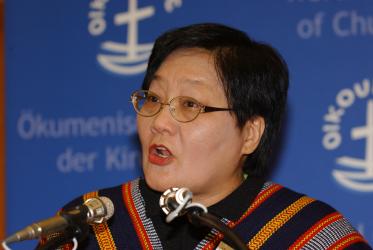Displaying 121 - 140 of 153
21 July 2016
Local work by faith-based groups key to ending AIDS
27 June 2016
Paris climate agreement hailed by ecumenical leaders
14 December 2015
Christian responses on health and healing
16 July 2014
Senturias named to human rights board in the Philippines
18 February 2014

